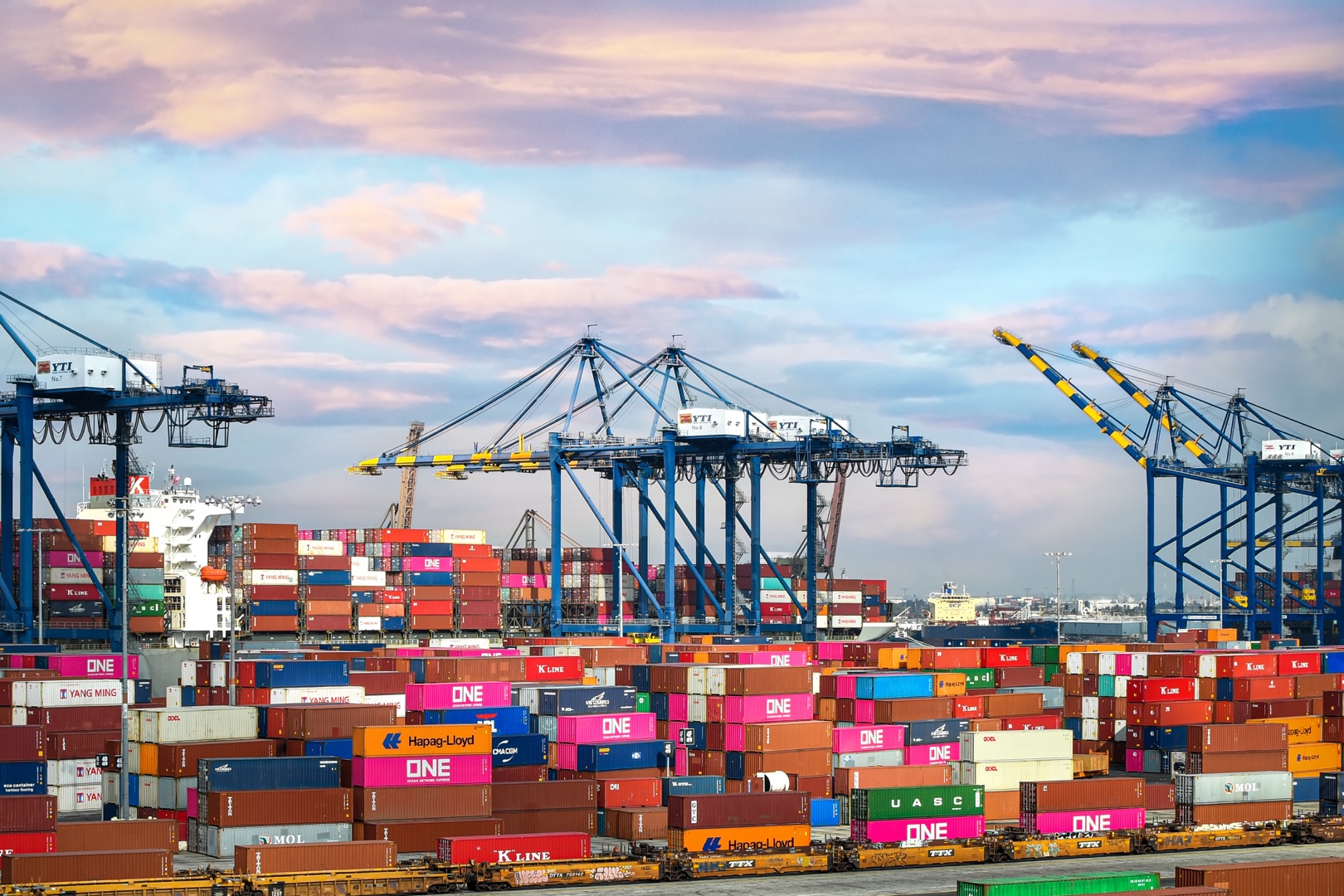The United Kingdom’s logistics industry has long been the backbone of the nation’s global trade prowess. A crucial aspect of this industry is freight forwarding, which plays a pivotal role in ensuring the seamless movement of goods across borders. As international trade continues to grow, the demand for skilled freight forwarding professionals remains constant. In this article, we explore the current landscape of freight forwarding recruitment in the UK and highlight the key factors driving its evolution.
- Booming Global Trade
The world is more interconnected than ever before, with businesses relying on efficient supply chains to maintain their competitive edge. The UK, being a major player in global trade, experiences a consistent influx of imports and exports. This growth has led to an increasing demand for freight forwarding services, necessitating the recruitment of qualified and experienced professionals to manage and optimize these operations.
- Embracing Digital Transformation
The freight forwarding industry is no stranger to the transformative powers of technology. With the rise of digital platforms, data analytics, and automation, companies are streamlining their operations and improving overall efficiency. As a result, there is a growing demand for tech-savvy professionals who can navigate and leverage these digital tools effectively. Companies are now seeking candidates who possess a blend of traditional logistics expertise and digital literacy.
- Diverse Skill Sets
Freight forwarding is a multifaceted profession that requires a diverse skill set. From customs regulations and compliance to negotiation skills and customer service, successful freight forwarders must be adaptable and quick-thinking. Consequently, recruitment efforts have shifted towards identifying candidates with a broader range of abilities, allowing them to handle the complexities of international shipping with finesse.
- Sustainable Practices
As sustainability becomes a global priority, the logistics industry faces increasing pressure to reduce its environmental impact. Freight forwarding companies are looking to hire professionals who understand the importance of sustainable practices and can implement eco-friendly initiatives throughout the supply chain. Candidates with knowledge of green logistics and alternative transportation options are highly sought after.
- Importance of Cultural Competence
In the context of international trade, cultural understanding is vital for successful freight forwarding. Dealing with diverse clients, suppliers, and customs officials from various countries requires professionals who are culturally competent and sensitive to different business practices. Companies are now placing emphasis on recruiting candidates who possess strong interpersonal skills and can effectively communicate across cultural boundaries.
Conclusion
The world of freight forwarding in the UK is evolving rapidly, driven by globalization, technological advancements, sustainability, and the need for diverse skill sets. As businesses continue to expand their horizons and trade barriers diminish, the role of freight forwarding professionals becomes increasingly critical. The recruitment process is adapting to these changes, seeking individuals who can adapt to the dynamic landscape and drive the industry forward.
If you aspire to be part of this ever-evolving sector, now is the time to equip yourself with the relevant skills and knowledge. Whether you are an experienced logistics professional or a recent graduate, the freight forwarding industry in the UK presents a wealth of opportunities for those ready to embrace the challenges and rewards it offers. So, take the plunge, and be part of shaping the future of global trade in the United Kingdom.


